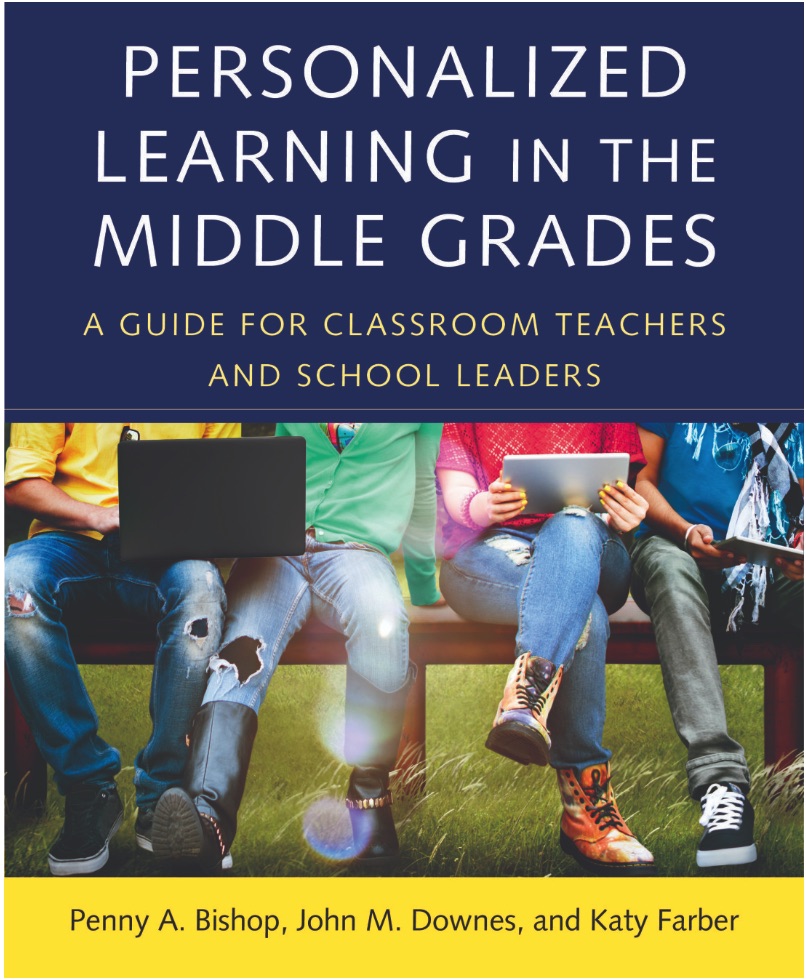 It has been such an honor to be able to travel to different Vermont schools to support innovation, personalization, and deep, engaging learning in my job as a professional development coordinator with the Tarrant Institute of Innovative Education at the University of Vermont. Truly, partnering with teachers in the work they want to do and know helps their students find meaning and purpose is an incredible privilege. And teachers and students are revolutionizing education from the inside out: doing work that matters to their communities and is valued. Students are showing us what they need and who they are through their personalized learning plans, choices, and leadership.
It has been such an honor to be able to travel to different Vermont schools to support innovation, personalization, and deep, engaging learning in my job as a professional development coordinator with the Tarrant Institute of Innovative Education at the University of Vermont. Truly, partnering with teachers in the work they want to do and know helps their students find meaning and purpose is an incredible privilege. And teachers and students are revolutionizing education from the inside out: doing work that matters to their communities and is valued. Students are showing us what they need and who they are through their personalized learning plans, choices, and leadership.
I am fortunate to be a co-author (with the amazing Penny Bishop and John Downes) to bring these stories, research, examples, and resources about how Vermont teachers and students are making learning personal and meaningful. We hope it shows what is possible in the journey toward engaging all of our students in deeper, relevant, purposeful learning. Our book is called Personalization in the Middle Grades: a guide for educators and school leaders, and it was released on May 6th by Harvard Ed Press. Hope you find it helpful!

 She has come so far. When you slow down to think about it, this is nothing short of amazing.
She has come so far. When you slow down to think about it, this is nothing short of amazing. 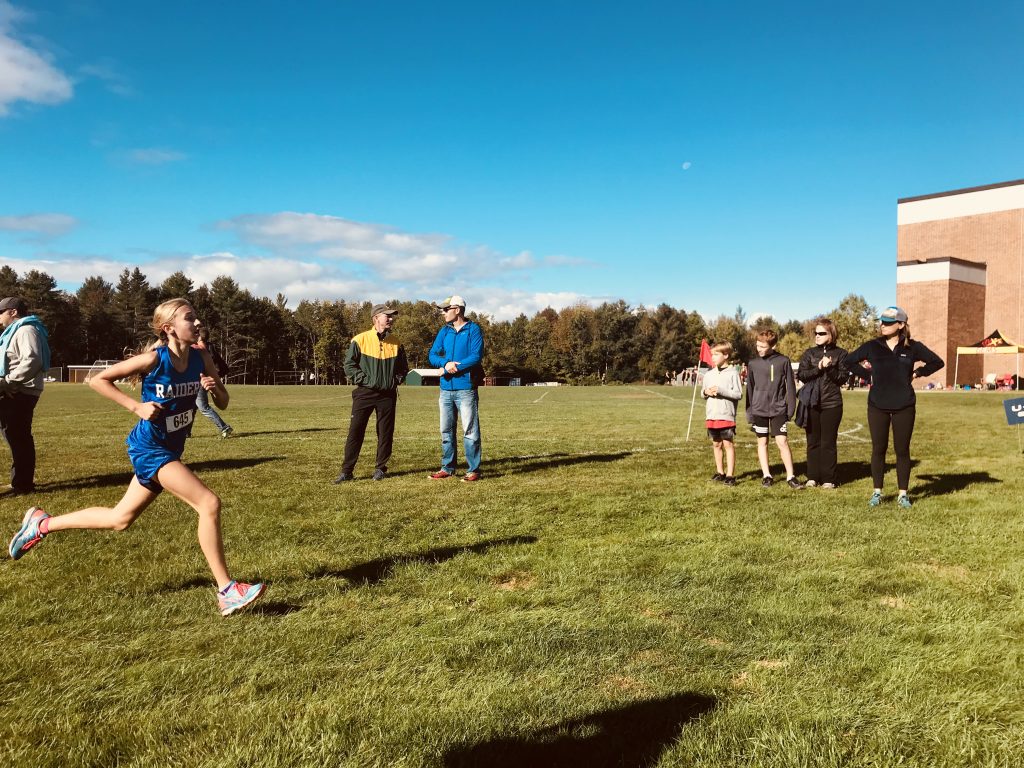 Now…
Now…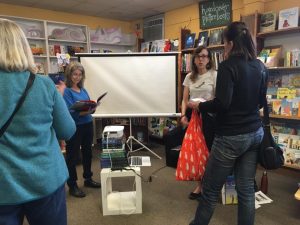
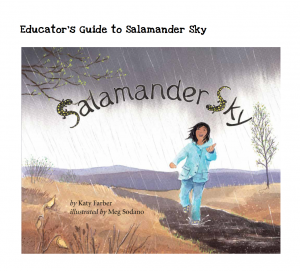 For the workshop and beyond, I created two new resources. One, is an
For the workshop and beyond, I created two new resources. One, is an 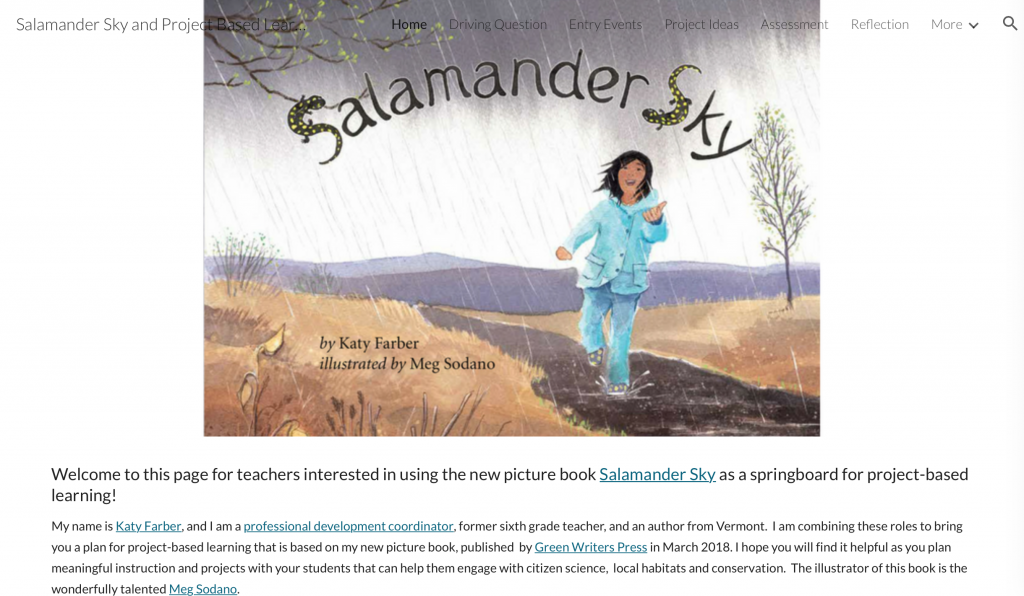 For those teachers focused on project based learning, I created
For those teachers focused on project based learning, I created